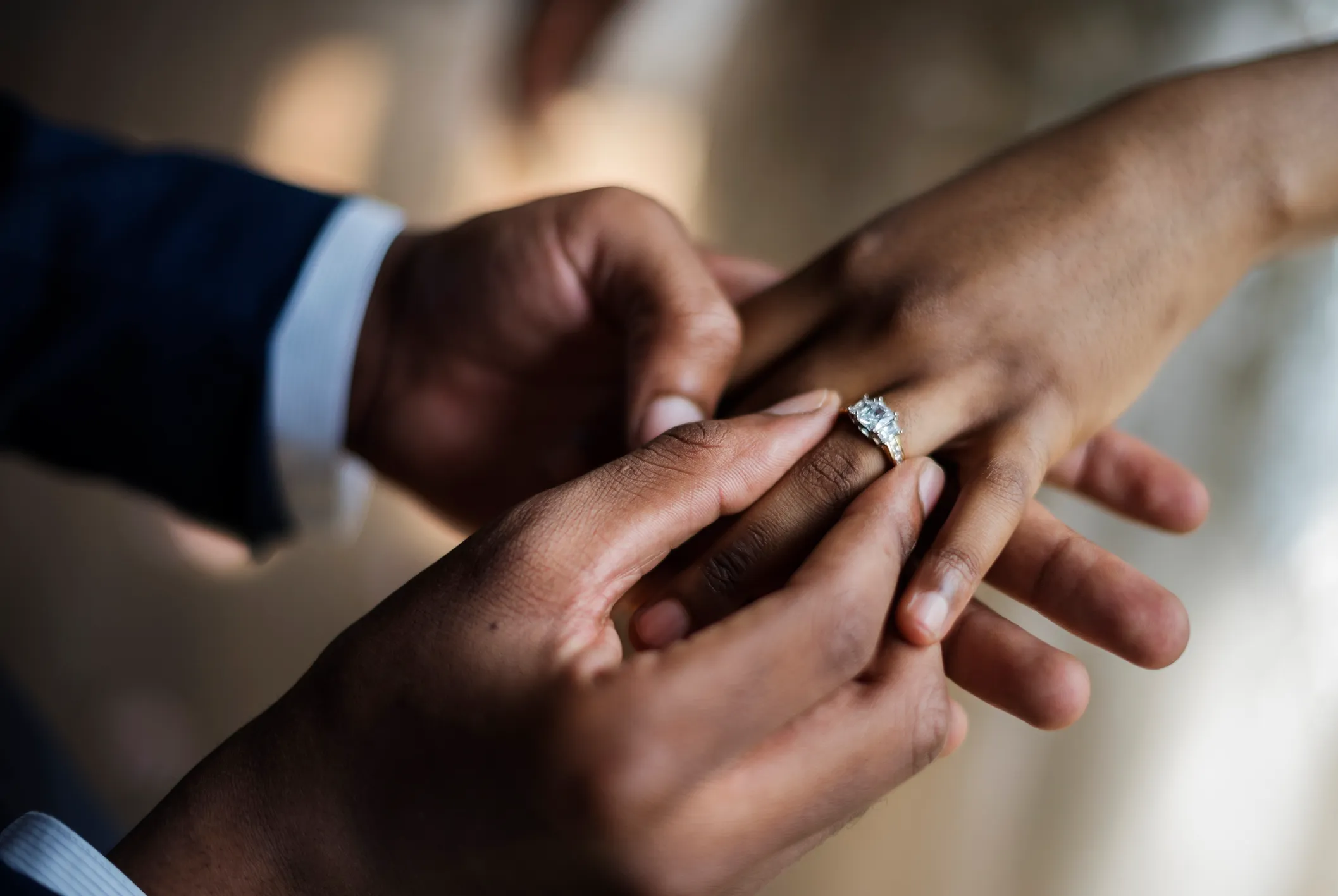Marriage laws vary significantly across the United States, particularly concerning unions between relatives. One of the most debated topics is the legality of cousin marriages. In Florida, a state known for its diverse population and cultural richness, understanding the legal framework surrounding cousin marriages is essential for residents and those considering marriage within the state.(WIRED)
Florida’s Legal Stance on Cousin Marriage
Florida law explicitly prohibits marriages between individuals related by lineal consanguinity, which includes direct ancestors and descendants, such as parents, children, and grandparents. Additionally, marriages between siblings, aunts, uncles, nieces, and nephews are also forbidden. (hillsclerk)
However, the law does not prohibit marriages between first cousins. This means that in Florida, first cousins are legally allowed to marry. The Hillsborough County Clerk’s office confirms this, stating that the closest degree of relations who may legally marry in Florida is first cousins. (WIRED, hillsclerk)
Understanding Lineal Consanguinity
Lineal consanguinity refers to the direct line of descent between individuals. This includes relationships such as parent to child or grandparent to grandchild. Marriages within this line are prohibited due to the close genetic relationship and the potential for ethical and social complications.(hillsclerk.org, CT Insider)
First cousins, however, are considered to be in a collateral line of consanguinity, not a direct line. This distinction is crucial in understanding why Florida law permits first cousin marriages while prohibiting those in the direct line.
Comparative Overview: Cousin Marriage Laws Across the U.S.
The legality of cousin marriages varies across the United States:(WIRED)
- Permitted: States like California, New York, and Florida allow first cousin marriages.(LegalClarity)
- Restricted: Some states permit cousin marriages only under certain conditions, such as age or infertility.
- Prohibited: Approximately 24 states, including Kentucky and Texas, prohibit first cousin marriages altogether.
These variations often stem from historical, cultural, and social factors unique to each state.
Genetic Considerations in Cousin Marriages
One of the primary concerns regarding cousin marriages is the potential genetic risk to offspring. Studies have shown that children of first cousins have a slightly increased risk of birth defects, estimated at 1.1–2.0 percentage points above the average base risk for non-cousin couples. (WIRED, Wikipedia)
This risk is comparable to that of women giving birth over the age of 40, a demographic not restricted from childbearing. Therefore, while there is a slight increase in risk, it is not considered significant enough to warrant legal prohibitions in many states, including Florida.(WIRED)
Cultural and Social Perspectives in Florida
Florida’s diverse population includes communities where cousin marriages are culturally accepted and even preferred. In many cultures, cousin marriages are traditional and serve to strengthen family ties and preserve wealth. (LegalClarity)
Florida’s legal acceptance of cousin marriages reflects its broader commitment to cultural inclusivity and respect for personal choices within the bounds of the law.
Marriage License Requirements in Florida
To legally marry in Florida, couples must obtain a marriage license. There is no residency requirement, meaning non-residents can marry in Florida. Both parties must be at least 18 years old, although 17-year-olds may marry with parental consent if the other party is no more than two years older. (hillsclerk)
Couples are also required to read the Family Law Handbook and may choose to attend a premarital preparation course, which can reduce the marriage license fee. There is a three-day waiting period for Florida residents who do not attend the course.
Conclusion
In Florida, marrying your first cousin is legal. The state’s laws focus on prohibiting marriages within the direct line of descent and among siblings, aunts, uncles, nieces, and nephews, but do not extend this prohibition to first cousins. This legal stance aligns with Florida’s diverse cultural landscape and the recognition of personal choice in marital relationships.(Florida Senate)
While genetic considerations exist, the increased risk associated with cousin marriages is relatively low and comparable to other accepted reproductive scenarios. As with any marriage, individuals should consider all factors, including legal, genetic, and cultural, before proceeding.












Leave a Reply